Editor’s Note: Robin North is a member of LTV’s sponsored content team, The Leisure Explorers. Do you own a Leisure Travel Van and enjoy writing? Learn more about joining the team.
A new RV is a marvelous thing and we have thoroughly enjoyed our Unity MB. It is our roving hotel, taking us to the beach, mountains, desert, and all points in between. But, RVing is a lot like regular life – things can and do go wrong. The longer you have your unit, the more likely you’ll notice items that need attention which is why regular maintenance is such a key factor in keeping your RV in good condition. We make a point of looking after the RV. Jim’s dad was a mechanic so he is pretty familiar with handling the basic maintenance and doing small repairs. But in an LTV, maintenance goes beyond the just engine. The appliances also require regular inspection and cleaning as do the locks, hinges, slide mechanism, and automatic steps. In all reality, if it moves or has to do with water or electricity, it needs some sort of regular maintenance!
Everything Requires Maintenance
We never considered any type of maintenance on a door lock, but learned with all of the vibrations from driving and the constant slamming of the door, it can come loose. Our unit has a simple, mechanical lock and over the course of a long trip, we noticed it started to become more difficult to close then almost at the same time, the automatic steps stopped retracting.
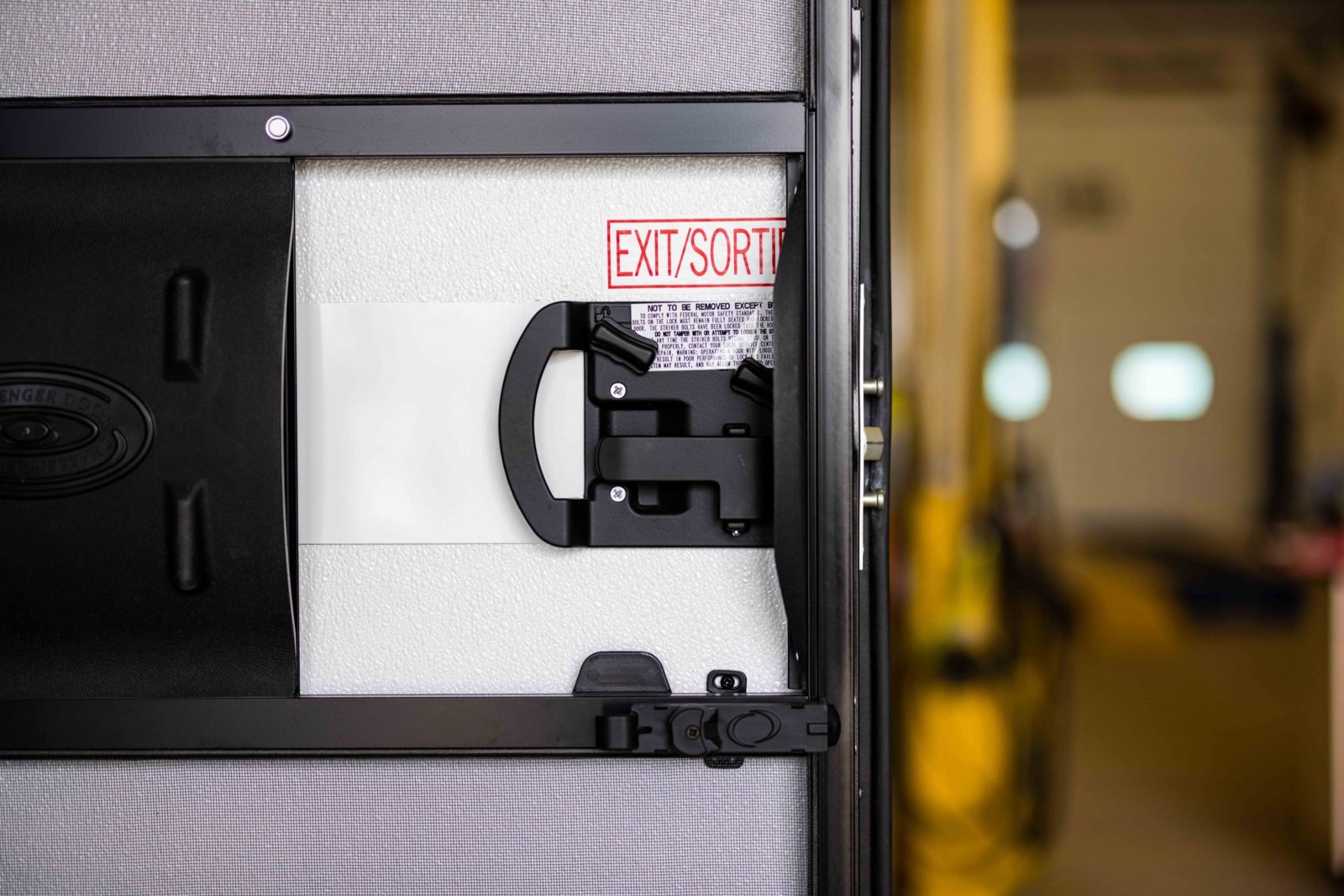
Thinking we needed to replace the parts for both the lock and the stairs, we bought both. It turns out that there was nothing actually wrong with the lock or the step motor because a simple tightening of the screws on the door lock resolved both issues. Once Jim closed the door to test the lock, the steps came to life! It turns out these two parts are linked by a sensor in the door jam which alerts the steps to retract when the door is closed. With the door latch being loose, the door couldn’t close properly which was causing the sensors to not line up and that’s why the stairs wouldn’t retract. Needless to say, we added checking the door lock screws to our monthly maintenance checklist!
Some things, like the door lock, are easy to fix. But some require the help of a professional. Like on one trip when the dashboard lit up like a Christmas tree. There was nothing apparently wrong, the vehicle seemed fine, but we couldn’t ignore those warning lights! It took a few phone calls to find a Mercedes dealer who could take a look at it. Turns out it was a bad wheel sensor. They made the replacement (covered under warranty) and we were back on the road within a couple of hours.
Operator Errors and Faulty Installs
Operator error haunted us for several trips as we learned about the RV. From figuring out why our electricity wouldn’t work (a tripped breaker on the inverter), to remembering to uncap the macerator hose when dumping the tanks, the RV learning curve was steep for us. After-market equipment can be the source of problems too. When we replaced our Becker navigation system with an upgraded system, the local installer didn’t properly secure the wires so we ended up with a gear shift that wouldn’t shift because it was bound up in the stereo wire!
After almost seven years on the road, we continue to have our share of mishaps. Some, like the wheel sensor, are caused by a faulty part while other problems are caused by operator error, lack of proper maintenance, or the carelessness of after-market installers and repair technicians. Troubleshooting on the road isn’t much fun, but you’ll experience less downtime if you can figure out if the problem is a simple fix or if you’ll need to call for professional help. I often had to resolve software and computer issues in my work, so I followed an escalating scale of problem-solving starting with the most simplistic fix and then, step-by-step, escalating to more involved tinkering. This kind of process also works with the RV. The first step is to get familiar with your RV, read the owner’s manual, investigate how the systems work, and make a maintenance checklist to stay on top of service. Be sure to do all of this at home and not when you are traveling in the midst of a problem!
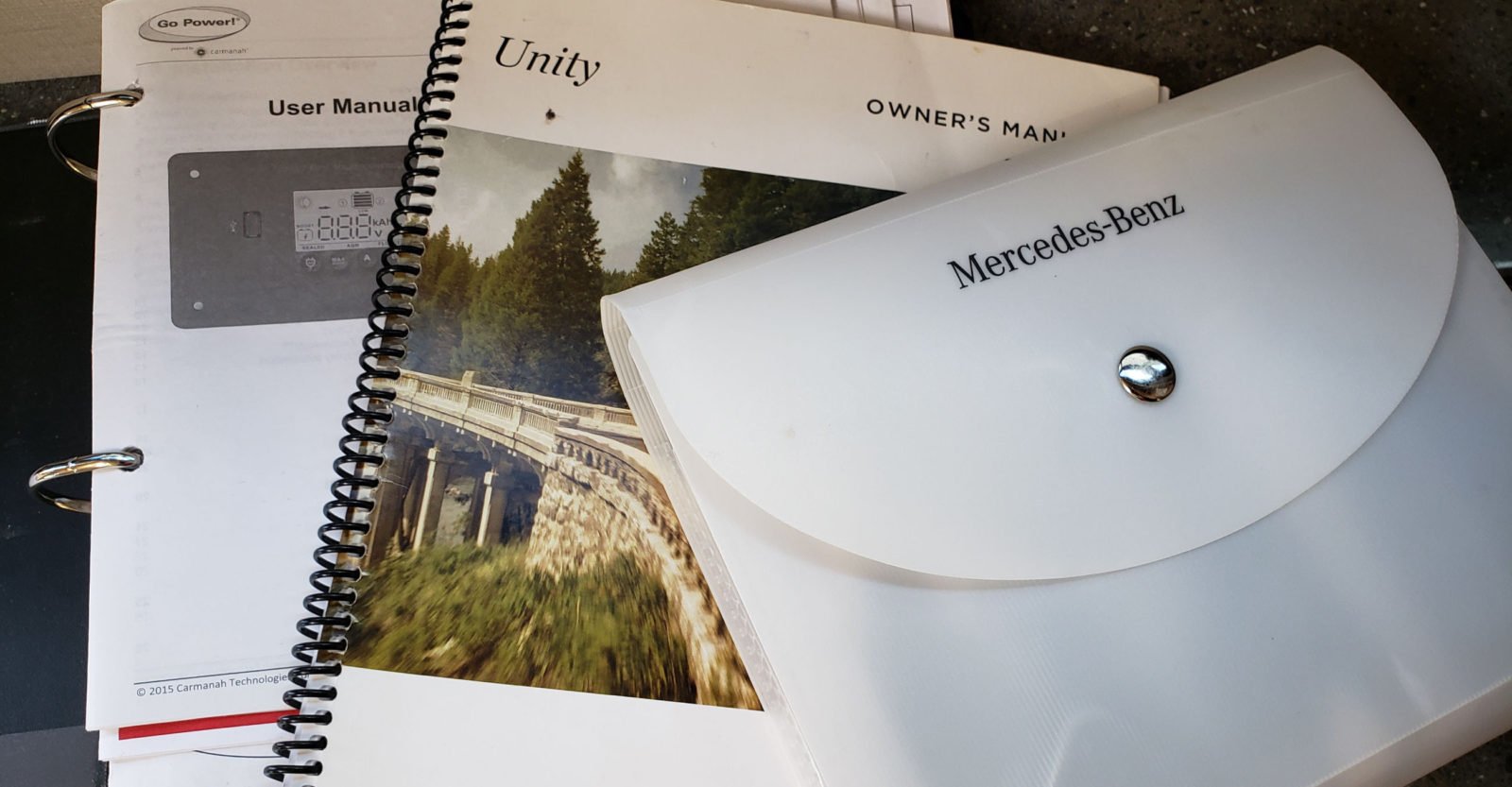
Start By Thinking About The Problem
Sometimes there are noises or operational issues before the warning lights come on. Be sure to take note of those noises or operational issues so you can re-create the situation with your technician. You may also notice problems with adjoining systems or parts at the same time you discover a problem – as we did with the door lock and step. Make sure to give these some thought as to how they may be related. When you are working with the electrical or plumbing system, review the function of each component in the chain of parts sometimes that review can narrow down the problem and help identify a loose, clogged, or broken part. Has an appliance been causing problems? Look up the appliance manufacturer’s website and check the documentation and support line to ask questions about a troubleshooting process. If you are working with the engine, follow a similar component review if your expertise allows. But, if you are not experienced with mechanics; then give your technician all the information you can about what happened and when it happened.
- What happened just before you noticed the problem?
- Has any work been done on that part or system?
-
Is there any maintenance due on that part or system?
- Has the operation been normal up until now or has it been declining?
Is This A Problem You Are Comfortable/Qualified To Repair?
If you are handy with mechanical things you almost expect to be able to fix anything. However, an RV is quite a complex mix of parts and systems that run the gamut including a diesel engine to plumbing. None of us are good at everything so don’t be embarrassed to call for help if the repair is not in your normal “wheelhouse”.
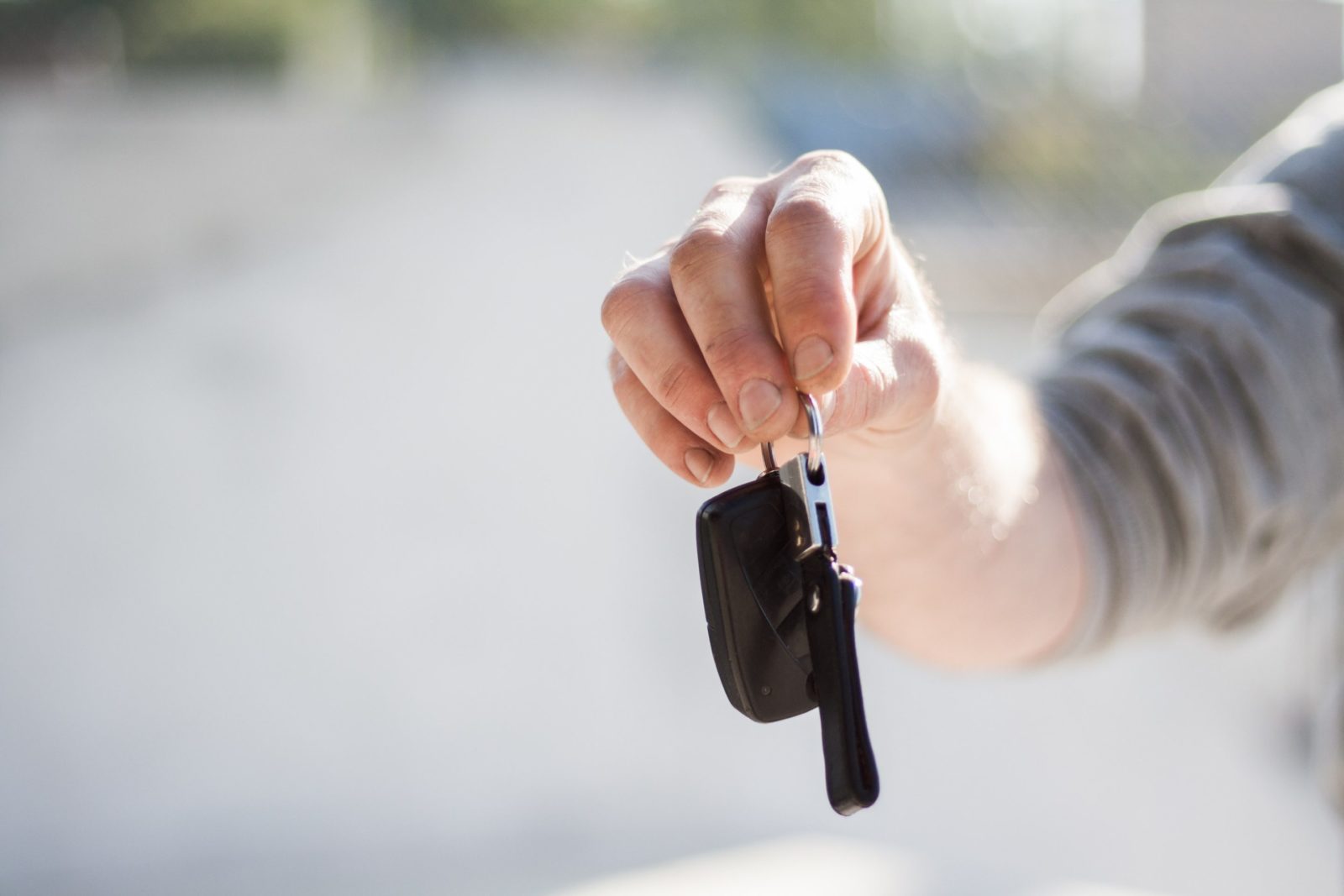
Use A Consistent Troubleshooting Process
Take the time to review any documentation you have on the part or system that is malfunctioning. If none is available, check online for documentation and check for user forums to see if others have encountered similar problems and what they discovered in their troubleshooting process.
Use what you find from the manuals, other users’ suggestions, and your own technical experience to outline a troubleshooting process. Begin with the simple fixes:
- Check maintenance tasks
- Check basic functions
- Check the connections
- Reset breakers (this is the first thing computer technicians tell me to do when working on an ailing computer – hit the restart button!)
You’d be surprised at how some of the most seemingly inconsequential things can lead to the solution. After you go through the troubleshooting steps, you’ll eventually either fix the problem or come to the end of your expertise.
Know When To Call For Help
If you have experience in the area of mechanics, plumbing, and electricity, most problems you run into with an RV can be resolved without outside help. Other RVers in forums can also offer some support by sharing their own repair experiences and may be able to provide additional information. But, if you don’t have any repair experience, then a good RV mechanic can be a valuable partner. Give your mechanic all the information you can about the circumstances around the problem and any related issues you have discovered. This information can help them troubleshoot more effectively, reducing the time the RV has to be in the shop.
The engine and chassis are the most specialized parts of the RV and as long as your unit is under warranty, you can take it to a reputable dealer for repairs. Even when your unit is out of warranty, it makes sense to use the chassis brand manufacturer as your preferred repair shop. Though it may seem more expensive up front, their familiarity with their own product can make them more effective at troubleshooting and repairs. Plus, if there are any recalls or service alerts, they can attend to those issues right away.
For appliances, you may find the manufacturer has a support line or documentation on their website. It is worth checking there before contacting an appliance repair technician.
Here’s hoping your travels are unencumbered by problems but if you encounter them, take heart in that there is always help available. You can find it through your roadside assistance program, the RV’s manuals, user forums online, the RV manufacturer, a good RV mechanic, or just maybe, at the end of your own arm!


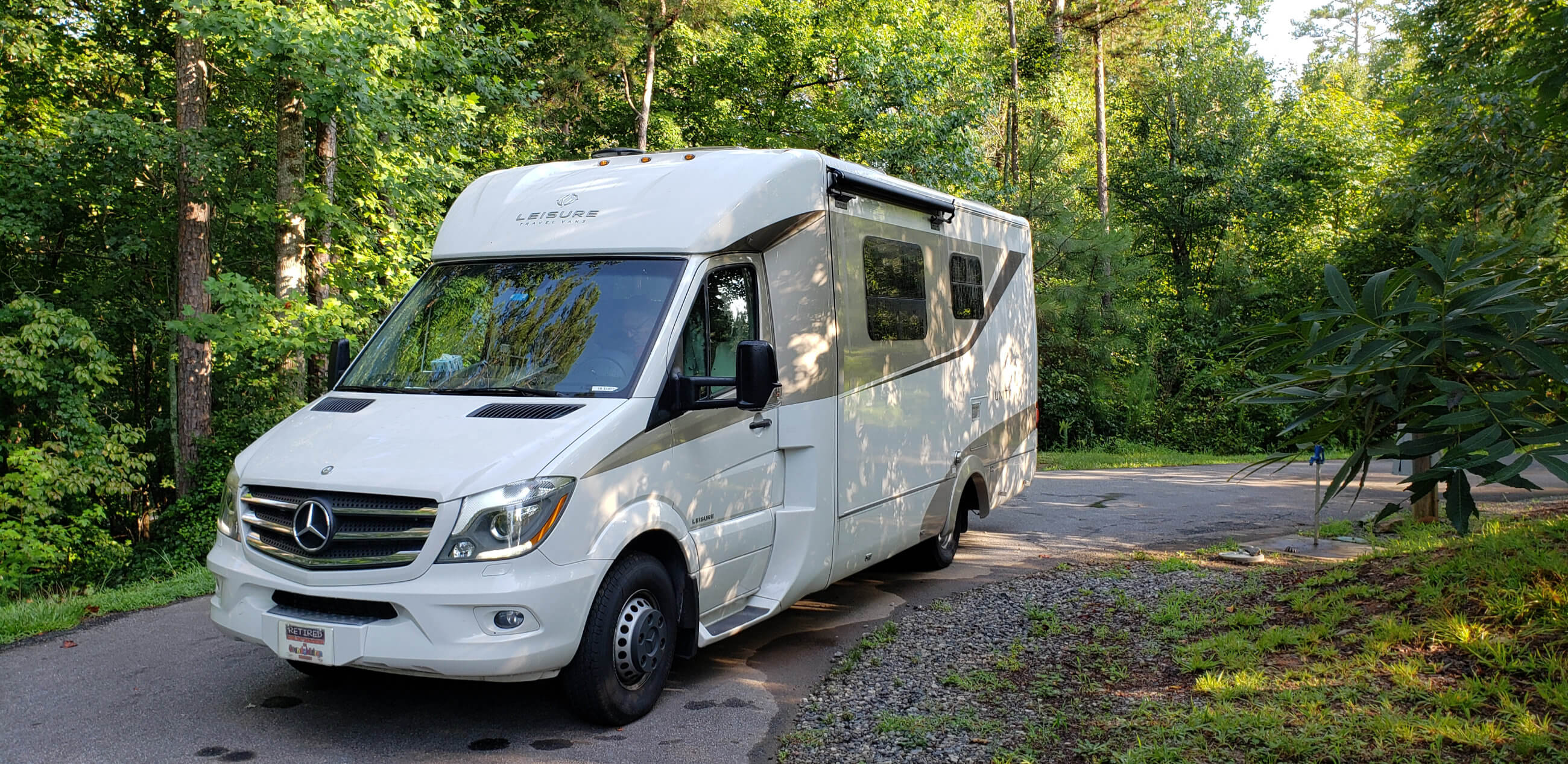
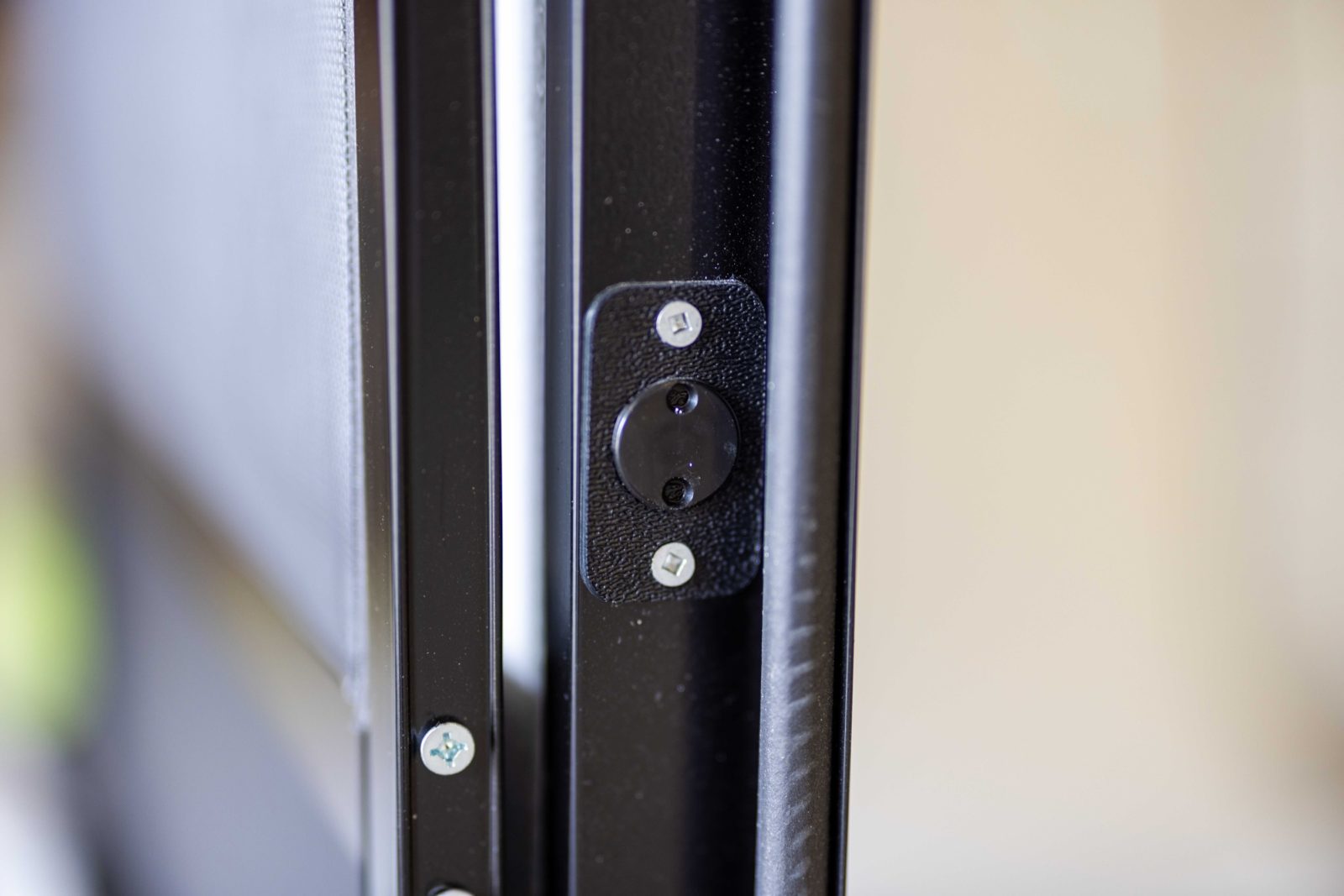
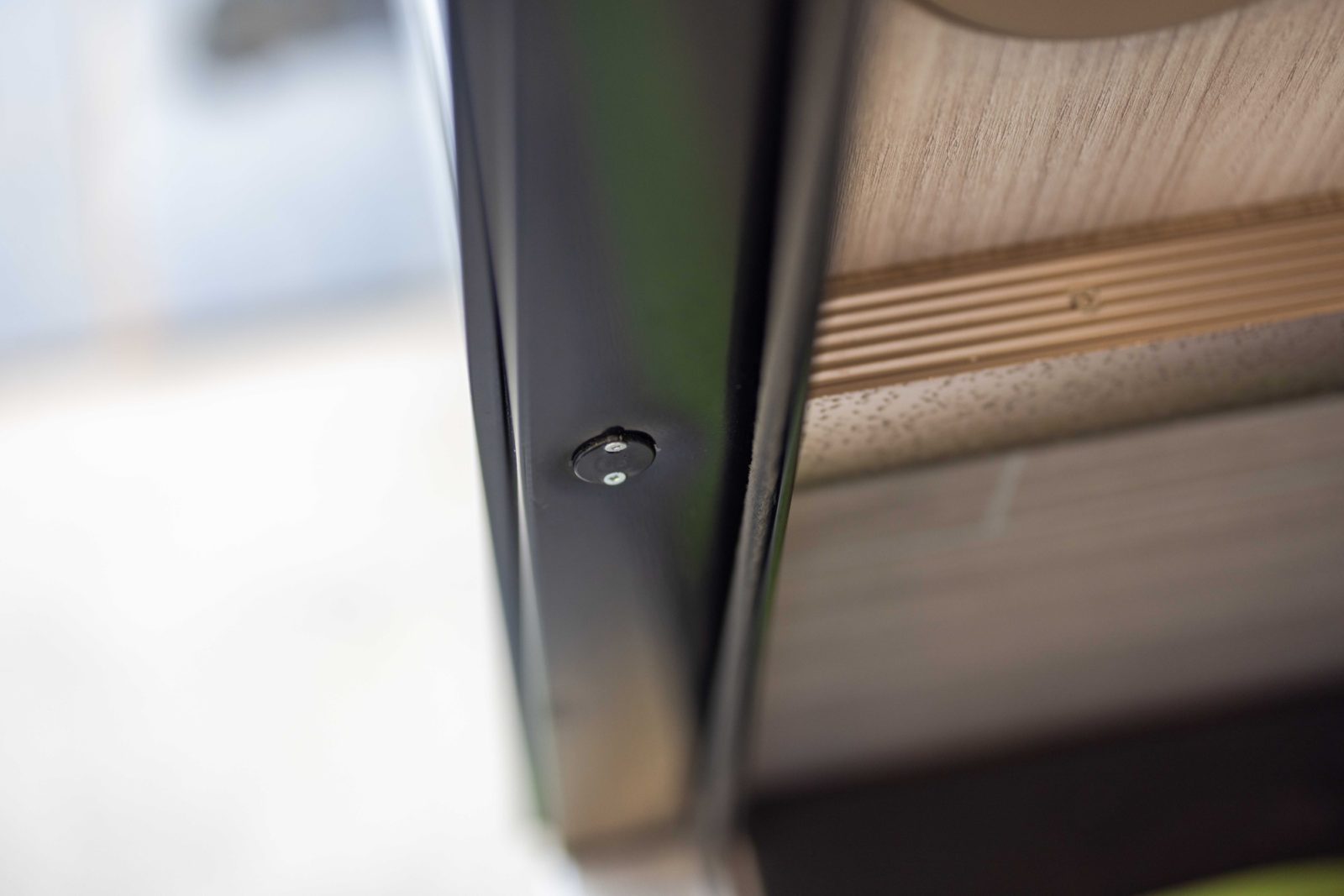
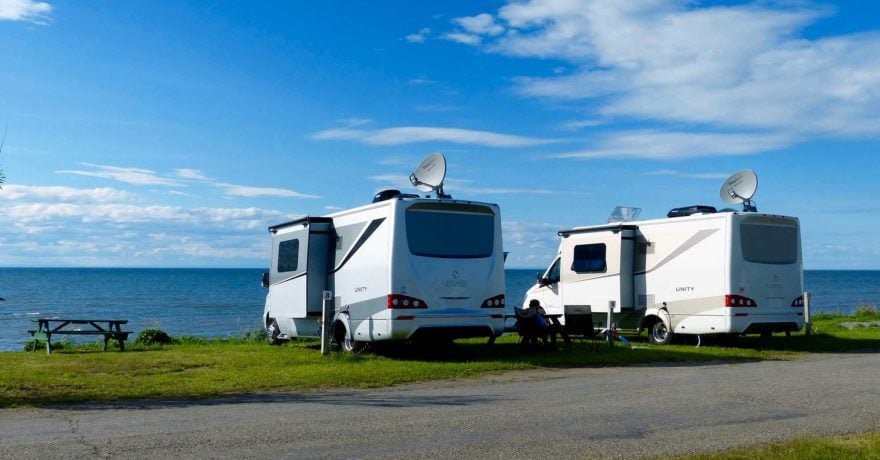

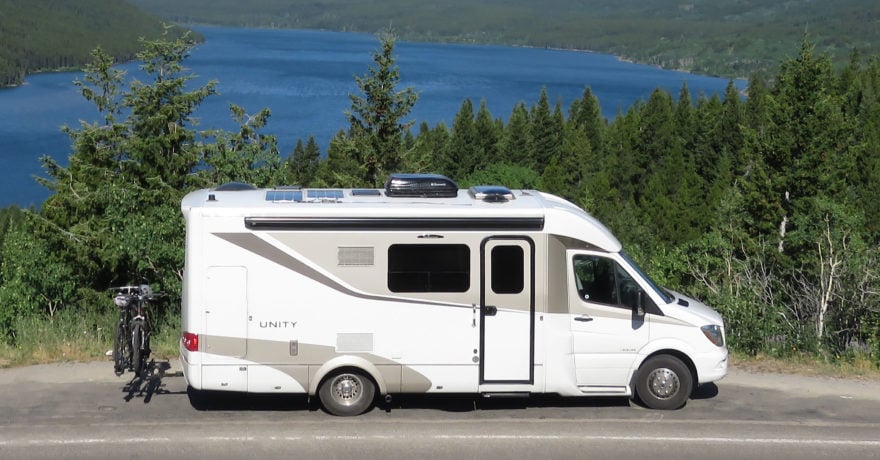
Comments